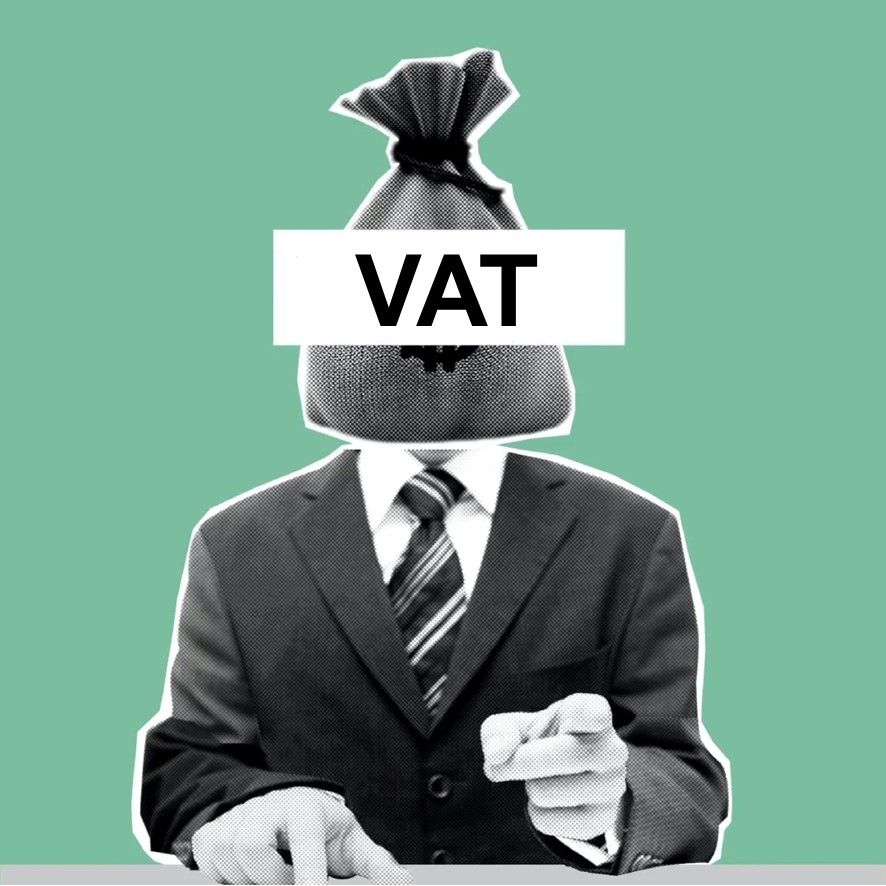In the 2023 Spring Budget, the UK government announced plans to reform the audio-visual tax reliefs, which are currently in place to encourage the production of films, TV shows, and video games in the UK. From 1 April 2024, these reliefs will be replaced by expenditure credits. Expenditure credits are a type of tax relief that is calculated directly from the amount of money that is spent on a production, rather than being an adjustment to the company's taxable profit.
The new Audio-Visual Expenditure Credit (AVEC) will replace the current film, high-end TV, animation, and children's TV tax reliefs. The rates of relief will be as follows:
- Film and high-end TV: 34%
- Animation and children's TV: 39%
These reforms are intended to make the UK a more attractive place to produce audio-visual content. The government believes that the new AVEC will provide a significant boost to the UK's creative industries, and that it will help to create jobs and generate economic growth.
The information provided below will remain in effect for productions that started before April 2024.

Who can qualify for Film Tax Relief?
In order to qualify the company must be involved with decision-making and directly negotiate contracts and pay for rights, goods and services. It must also be involved throughout development from pre-production until completion and delivery of the film.
What is being produced by the company must be certified as British by passing a cultural test. If it does not pass the cultural test it must qualify through an internationally agreed co-production treaty. The certification is organised by the British Film Institute (BFI on behalf of the Department of Digital, Culture, Media and Sport.
For work which is uncompleted the BFI will issue an interim certificate and a final certificate will be issued when production is completed.
- The film must be intended for theatrical release
- At least 10% of the core costs must relate to activities in the UK
How much can you claim?
Qualifying companies can claim an additional deduction on their Corporation Tax Return which will reduce their profits or increase any loss thereby reducing their Corporation Tax liability. As an alternative they can surrender a loss in return for a repayable tax credit.
The additional deduction will be the lower of:
- 80% of the total core expenditure
- the amount of UK core expenditure
Essentially, core expenditure is expenditure incurred on pre-production, principal photography and post-production. It excludes expenditure on development, distribution or other nonproduction activities
If the company is shown to make a loss after applying the additional deduction on it’s Corporation Tax Return, all or part of the loss can be surrendered in return for a repayable tax credit at a rate of 25%.
The claim should be made within one year of the company’s filing date and can be amended or withdrawn within that period.


Working examples for Film Tax Relief
A film production company produces and releases the film The Father. Upon it’s release it generates income of £9m before the end of the financial year and has total costs of £7m.
Of the £7m in costs during the financial year it has qualifying core expenditure of £4.8m(1) .
Corporation Tax filing would be as follows if Film Tax Relief was not applied:
Income: £9,000,000
Expenditure: £7,000,000
---------------------------
Profit/Loss: £ 2,000,000
Corporation Tax Liability: £ 500,000
(£2,000,000 x 25%)
Corporation Tax filing would be as follows if Film Tax Relief was applied:
Income: £9,000,000
Expenditure: £7,000,000
Additional Deduction: £3,840,000
(lesser of (1) 80% of £4,800,000 and (2) £4,000,000)
-----------------------------
Profit/Loss: £(1,840,000)
Repayable Tax Credit: £ 460,000
(£1,840,000 x 25%)
As the film production company made a loss of £1,840,000 after applying the additional deduction permitted under Film Tax Relief, it would pay no Corporation Tax, but would receive a repayable tax credit of £460,000. A difference of £960,000 which they could potentially invest in other projects.
Next Steps
If you or your organisation have a potential claim for tax relief, or would like further information about the process you can get in touch with us to arrange a no obligation meeting either by phone or in person.
Make A Film Tax Relief Enquiry
KNOWLEDGE BASE
OTHER SERVICES WE PROVIDE






